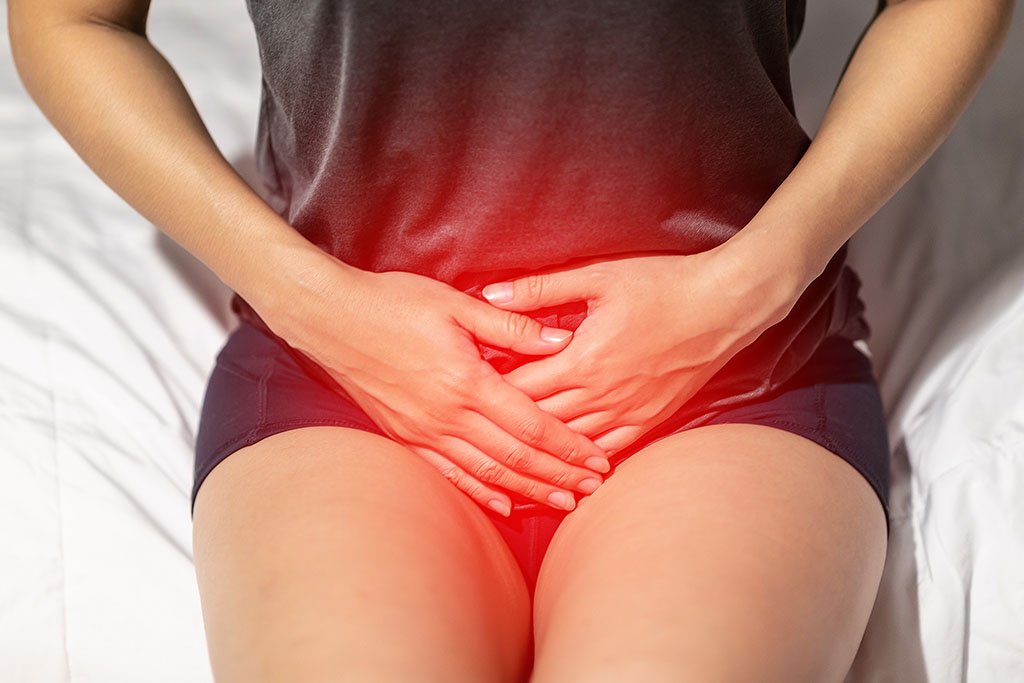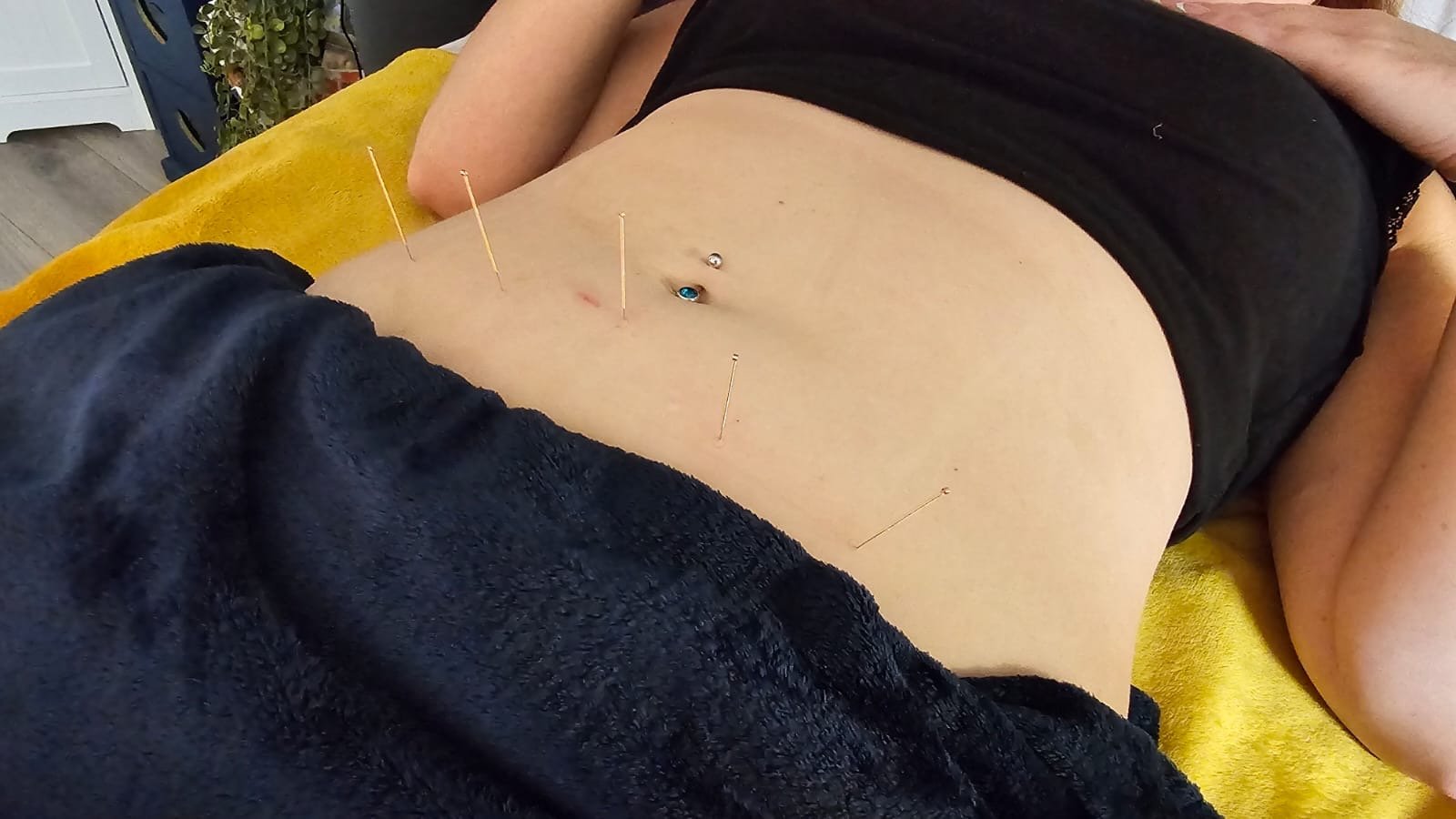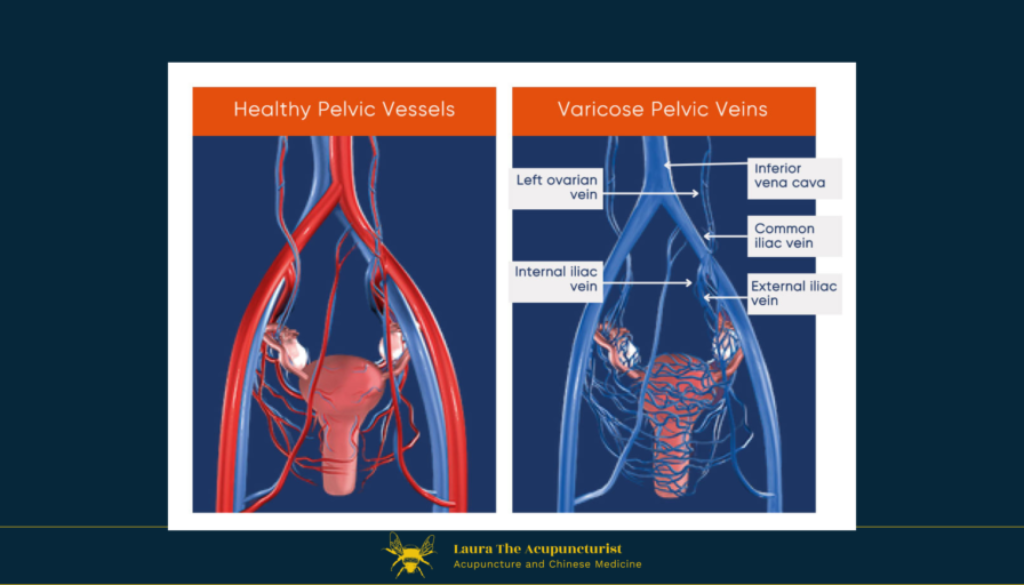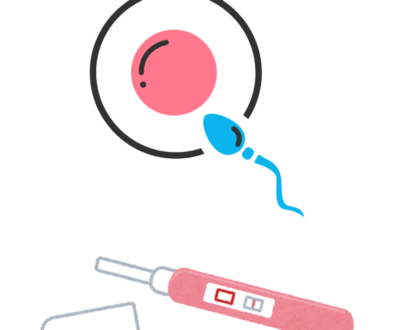Pelvic Congestion Syndrome (PCS)
Are you been experiencing worsening pelvic pain after long periods of standing, or suffer from urinary urgency, lower back pain or sciatica, and has it been occuring for longer than 6 months? Such symptoms may indicate Pelvic Congestion Syndrome (PCS), also known as Pelvic Vein Incompetence and is commonly associated with varicose veins located in the pelvis.
At Laura The Acupuncturist, located in Birmingham, we provide alternative treatments through acupuncture and Traditional Chinese Medicine (TCM) to address this often overlooked condition. Research suggests PCS affects about 30% of women investigated for chronic pelvic pain, although from my colleagues and my experiences, it seems less common that this, at least with women seeking natural help.
What is Pelvic Congestion Syndrome?

Pelvic Congestion Syndrome is a chronic ailment caused by dilated veins within the pelvis, akin to varicose veins that are typically found in the legs. This condition primarily manifests as a deep, aching pain that worsens throughout the day, particularly after prolonged standing, although it can be asymptomatic. The pain stems from blood pooling around the ovaries and the vulvovagina caused by venous obstruction, problems with valves in the blood vessels, and/or changes in hormone levels, all leading to increased pressure and discomfort in the pelvic area.
Despite being a prevalent cause of chronic pelvic pain, PCS frequently goes undiagnosed due to its symptoms mimicking those of other medical conditions like endometriosis, uterine fibroids (leiomyoma), interstitial cystitis, lower back/hip/leg pain and ovarian cysts. It is essential to note that PCS is not exclusive to women; men can also be afflicted with similar chronic pelvic pain due to this condition. The male equivalent of this syndrome is called Variocele and is the vein incompetence in the testes, this seems to be more commonly known of and treated more frequently within the fertility field.
Pelvic pain related to vascular issues such as PCS can be complex and is often not well-understood in conventional medical practices. This leads to general treatments that may not effectively target the specific problems causing the pain.
Diagnostic techniques such as Doppler ultrasound or venography are often employed to pinpoint the root causes of venous problems, which can be addressed through hormonal treatments, vein embolization, or surgical procedures.
Medications used to suppress estrogen, which can alleviate symptoms, might include Depo-Provera, Nexplanon (a common alternative to Implanon in the UK), or Zoladex (commonly used instead of Goserelin). These medications also act as contraceptives, hence they may not be suitable for individuals who are trying to conceive or prefer to avoid hormonal contraceptives for personal reasons.
Ovarian vein embolisation (OVE) is a surgical technique that obstructs veins to prevent the accumulation and stagnation of blood in the pelvic region. Studies indicate that OVE does not significantly affect ovarian function, hormone levels, or the ability to conceive. In fact, many women have successfully become pregnant after undergoing the procedure.
Some research has demonstrated that about two-thirds of women who underwent OVE for pelvic congestion syndrome experienced successful pregnancies following the treatment. Additionally, hormone levels such as follicle-stimulating hormone, estradiol, and luteinizing hormone have been shown to remain stable post-procedure, suggesting that ovarian functionality is preserved
Your PCS symptoms will be as unique as you are, however these are some of the most common symptoms to look out for:
- Progressive Pelvic Pain: Throughout the day, individuals often experience an intensifying pelvic pain due to blood accumulation in the pelvic veins, which increases pressure.
- Pain from Prolonged Standing: Extended periods of standing tend to exacerbate the sensation of pelvic pressure and pain.
- Postprandial Pain: Consuming meals might provoke pelvic and abdominal pain, alongside bloating, contributing to discomfort during and after eating.
- Urinary Incontinence: Challenges in controlling urination can occur, especially during activities like coughing or lifting heavy objects.
- Painful Urination: Urination may become painful or produce a burning sensation, sometimes mistaken for a urinary tract infection (UTI).
- Urinary Urgency: There may be a sudden and intense need to urinate, mimicking symptoms of other bladder issues.
- IBS-Like Symptoms: Fluctuating between constipation and diarrhea, coupled with bloating and abdominal pain, reflects symptoms similar to Irritable Bowel Syndrome (IBS).
- Lower Back Pain: Pain may radiate in the lower back area, often confused with conditions like sciatica or general musculoskeletal issues.
- Leg Discomfort: Standing for long periods can lead to throbbing, aching, and swelling in the legs, indicative of poor circulation.
- Pain During Intercourse: Increased pelvic vein pressure can cause pain during or after sexual intercourse, a condition known as dyspareunia.
How Can Acupuncture Support Pelvic Obstruction Syndrome?

Traditional Chinese Medicine (TCM), and specifically acupuncture, is recognised as an effective treatment for conditions such as PCS and Chronic Pelvic Pain Syndrome (CPPS).
Acupuncture is embraced globally for its efficacy in managing pain syndromes. The primary mechanism of acupuncture lies in its stimulation of specific acupoints, enhancing local blood flow and decreasing inflammation, thereby significantly reducing pain.
The muscles and fascia within the pelvis are vital for maintaining pelvic and spinal stability. These structures can be adversely affected by trauma, postural stress, pregnancy, anxiety, and other subtle influences.
These complexities are why pelvic pain and congestion often pose a challenge for conventional medicine. Visceral pain within the pelvis may not be immediately apparent, as it can arise from microtraumas, adhesions, scar tissue, and referred pain from various locations.
Acupuncture treatment can mitigate this type of pain, with the insertion of needles at specific acupoints providing both analgesic and soothing effects.
Research has shown that acupuncture releases neurochemicals such as adenosine, which have an analgesic impact during acupoint stimulation, thus alleviating pain in conditions like CPPS. This action also helps to decrease inflammation and regulate pain through the influence on inflammatory mediators, crucial in managing chronic pelvic pain.
Clinical trials have demonstrated that acupuncture yields improved outcomes in both men and women suffering from CPPS, surpassing placebo or sham treatments.
One particular study observed male patients with pelvic pain and venous congestion. Following five weekly sessions of acupuncture, there was a marked reduction in pain, with MR venography confirming a decrease in intrapelvic venous congestion.
Tailored formulations of Chinese herbs are also crafted to target the underlying causes of pelvic congestion, providing relief from the symptoms.
The ability of acupuncture to modulate inflammatory processes presents it as an exceptional alternative or complementary therapy for chronic pelvic pain conditions.
How Can Chinese Herbal Medicine Support Pelvic Obstruction Syndrome?

Chinese herbal medicine offers a targeted approach to managing symptoms of Pelvic Congestion Syndrome (PCS). Unlike generic treatments, each patient is thoroughly assessed, and a personalised prescription is crafted to address their specific needs.
Traditional Chinese Medicine (TCM) views PCS as a condition often stemming from the stagnation of blood within the pelvic veins. To counteract this, ‘blood moving’ herbs are commonly included in the formulas. These herbs are specifically chosen for their ability to stimulate the circulation of blood, helping to alleviate the pooling that contributes to the syndrome.
Herbal medicine provides an internal remedy that requires a structured treatment plan. Typically, a 12-week regimen is recommended to achieve the best results, followed by a maintenance dose if necessary to sustain the improved condition. This duration allows the herbs to effectively integrate into the body’s system and enact physiological changes.
This tailored approach ensures that the herbal treatment directly addresses the underlying factors of PCS, supporting the body’s natural healing processes. By enhancing blood flow and reducing stasis, the herbal prescriptions aim to restore balance and relieve the symptoms of pelvic congestion.
What to Expect from Treatments at Laura The Acupuncturist
At our Birmingham clinic, we take pride in offering personalised care that begins with a comprehensive evaluation of each person’s specific conditions and needs. Treatments are designed not only to alleviate the symptoms but also to restore balance and health throughout the body, ensuring long-term wellness.
Taking Control of Your Health
If you’re experiencing symptoms suggestive of PCS, or know someone who is, we encourage you to reach out for a consultation. Laura The Acupuncturist is dedicated to providing natural and effective treatment options that address not just the symptoms but the root causes of pelvic pain. Visit the website to learn more or to schedule an appointment. Take the first step towards regaining control of your health and well-being with trusted, professional care.




